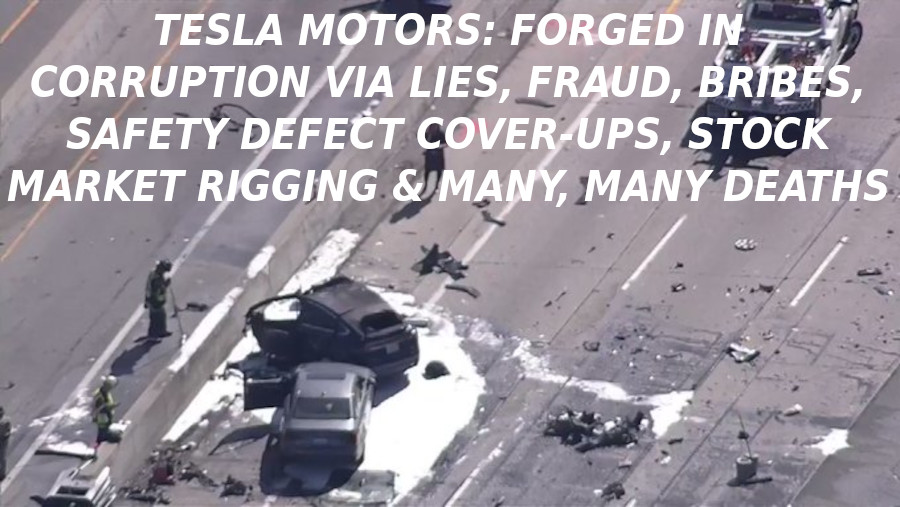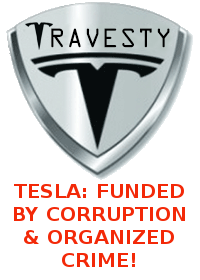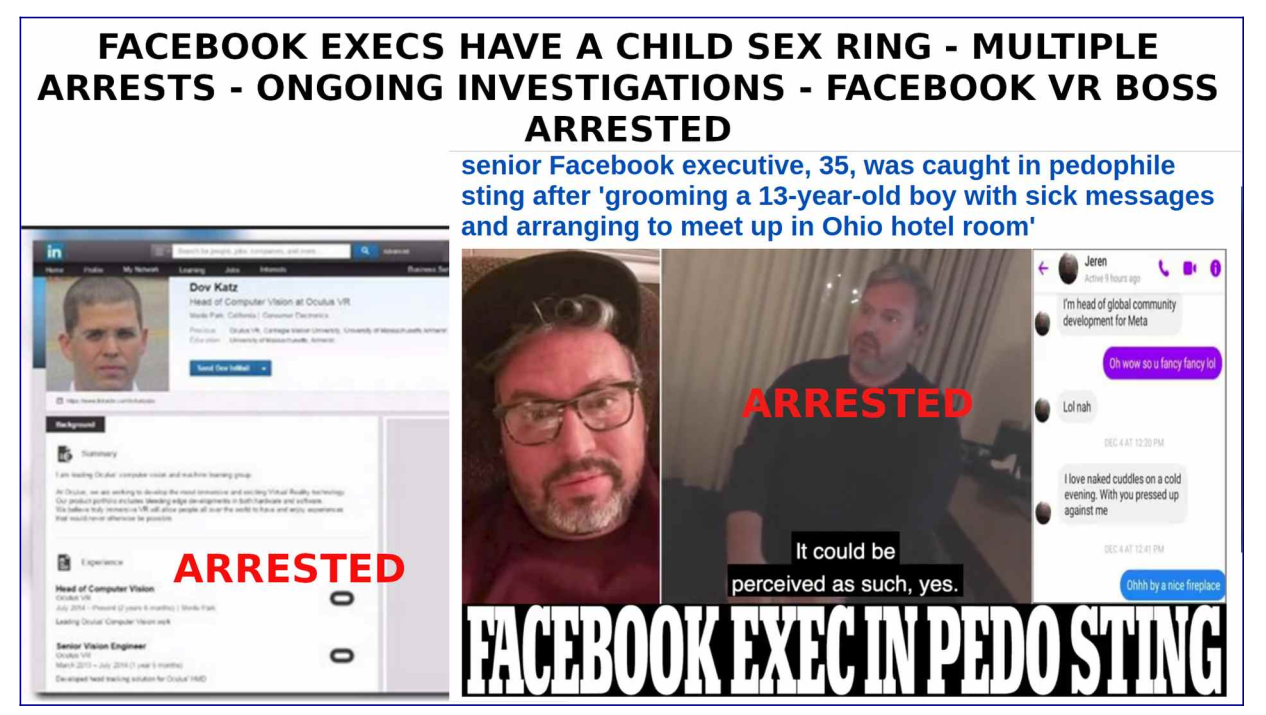Putin’s New Internet Czar Wants Apple and Google to Pay More Taxes
-
`We are breeding the cow and they are milking it’: Klimenko
-
Google’s reach considered national security threat to Russia
When he’s not checking Gmail on his MacBook, Vladimir Putin’s new Internet czar can’t stop railing against American technology companies.
Google, Apple Inc. and Microsoft Corp., collectively worth more than Russia’s gross domestic product, have all entered German Klimenko’s crosshairs since he was named Putin’s first Internet adviser six weeks ago.
In a 90-minute interview peppered with expletives, Klimenko said forcing Google and Apple to pay more taxes and banning Microsoft Windows from government computers are necessary measures best explained in terms of barnyard economics and marital infidelity.
“We are breeding the cow and they are milking it,” Klimenko, who hasn’t had time to move into his Kremlin office, said in Moscow at the headquarters of his Internet group, which includes blog-hosting and statistics services.
Klimenko, 49, is pushing to raise taxes on U.S. companies to help level the playing field for Russian competitors such as Yandex and Mail.ru. His efforts mirror those of governments across Europe and beyond to squeeze more revenue out of Google, Apple and other multinationals with increasingly complex billing and ownership structures.
Accused Assassin
The Putin adviser already has an ally in parliament: Andrey Lugovoi, one of two former KGB officers accused by a U.K. judge of assassinating former agent Alexander Litvinenko, a vocal Putin critic, in London in 2006.
Lugovoi, who became a lawmaker after Litvinenko’s poisoning and denies wrongdoing, is sponsoring a bill that would apply an 18 percent value-added tax to as much as 300 billion rubles ($3.9 billion) of revenue that Google, Apple and other foreign companies earn each year.
The bill lists a dozen categories of digital products and services on which domestic companies currently pay VAT but foreigners for the most part don’t, including ads, games, movies, marketplace transactions and cloud computing.

‘Banana Republic’
“When you buy an app from Google Play or the App Store anywhere in Europe, VAT is charged at the place of payment, but not here in our banana republic,” Klimenko said.
The proposed amendment to the tax code is one of scores being debated by lawmakers seeking new sources of revenue to plug the biggest fiscal deficit in six years. Plunging oil prices and sanctions over Ukraine have helped prolong the worst recession since Putin came to power in 2000.
But the Kremlin’s issues with Silicon Valley go much deeper than finances.
‘CIA Project’
In a country where the president has called the Internet a “CIA project,” suspicion runs deep that U.S. companies do the bidding of their government every bit as much as their shareholders.
Google, for example, which can track “everything,” responds to 32,000 requests a year from U.S. law-enforcement agencies but it won’t answer one from Russia, according to Klimenko.
“We have to consider this as a kind of potential threat to our national security,” he said.
Google, Apple and Microsoft all declined to comment.
Blogger Watch
After returning to the presidency in 2012 amid the largest protests of his rule, Putin moved to tighten his grip over the Internet in much the same way he brought television stations and newspapers to heal in his first two terms.
He signed a law allowing authorities to shut down sites for hosting content loosely defined as “extremist” and introduced new restrictions on blogging that forced popular writers to register with a watchdog. Putin also wants Internet companies to store all the personal data they collect on Russian users on servers located inside the country.
Microsoft, Google and other U.S. companies “reached the point of no return” when they complied with sanctions over Putin’s annexation of Crimea by halting all business with the peninsula, according to Klimenko. As a result, it’s “inevitable” Russia will switch state networks from Windows to an open-source system based on Linux, a move 22,000 municipal governments are prepared to make immediately, he said.
“It’s like a wife seeing her husband with another woman — he can swear an oath afterward, but the trust is lost,” Klimenko said.



